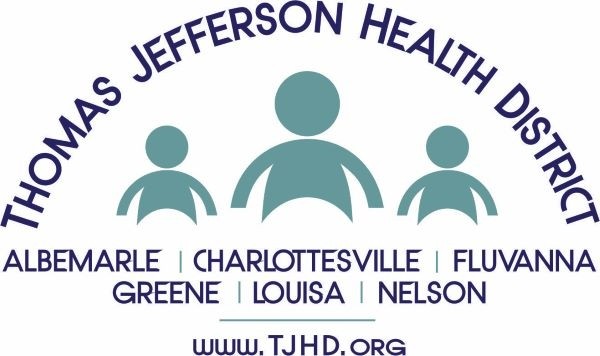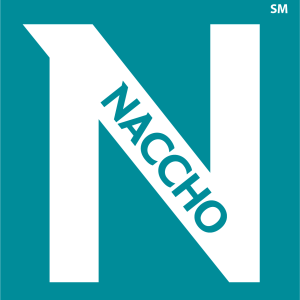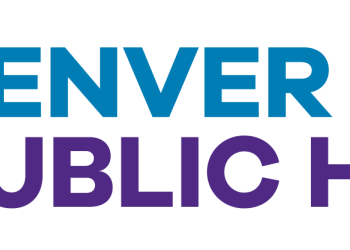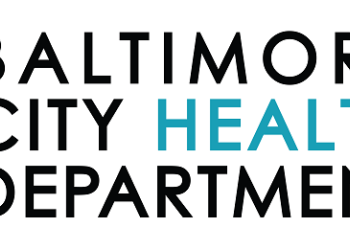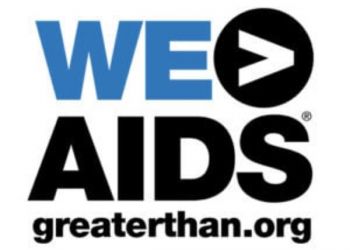This is Part 3 of NACCHO’s Stories from the Field series on HIV self-testing programs at local health departments (LHDs). LHDs are uniquely positioned to engage with community partners and healthcare providers to ensure that HIV testing is available and that testing efforts are reaching priority populations, including communities of color, gay and bisexual men, transgender men and women, youth, and people who inject drugs. To learn about other innovative efforts, check out the other blogs in the series: Implementing HIV Self-Testing with Limited Staff Capacity and Collaboration is Key for HIV Self-Testing in Baltimore.
In a county with a large rural population, accessing HIV testing can be difficult due to distance, lack of transportation, and stigma. Thomas Jefferson Health District in Virginia uses dating apps and social media to share information about HIV self-testing with clients, who can receive a free, HIV self-test kit in the mail after completing a short survey.
While swiping through dating app profiles in or near Charlottesville, Virginia, one may come across a profile featuring not selfies, but information about sexual health services such as HIV testing. At Thomas Jefferson Health District (TJHD) and many other local health departments, dating apps are a key method of health promotion and outreach to reach individuals who may not be visiting the health department. In 2019, TJHD began offering HIV self-tests, a self-administered rapid oral swab, to expand access to HIV testing.
Thinking Inside the Box: Self-Test Kits Expand Access to HIV Testing
TJHD serves 150,000 people in urban areas and another 100,000 in highly rural counties. This unique geographic context can make accessing in-person HIV testing difficult, especially amid the COVID-19 pandemic. When it comes to testing for HIV, many factors may prevent someone from knowing their status, such as stigma, scheduling conflicts, or transportation issues. TJHD’s self-testing program, in which individuals can receive a self-test kit at the clinic or through the mail, offers a low-barrier experience for those who are unable or unwilling to test in person. To ensure that those who self-administer their HIV test are connected to the same resources as those who get tested at the health department clinic, TJHD uses stickers on the front of the test box with the program’s contact information, as well as information for community-based organizations, CDC resources, and two self-testing hotlines so that clients have a 24/7 way to ask questions about their test results.
The Approach
To receive a test, community members – who often learn about the program on social media or dating apps – must complete a short survey and are walked through the process by a certified tester. Plain brown packages are then mailed to the client and include test kits, safer sex items, and a list of local and state resources the patient may utilize before, during, or after the test. This strategy has not only expanded the overall testing options but also served as a gateway to other health services and resources.
The priority of TJHD’s program is to reach clients for whom stigma is a barrier to utilizing in-person testing options. Some clients are apprehensive to request a test if it is predicated on sharing results, so while sharing of results with health department staff is encouraged, the testing coordinator sends test kits regardless of a client’s willingness to share results, making sure to explain the testing process and linkage to care opportunities over the phone or via text. Phone, text and social media conversations with clients about their testing experiences provides the health department with a non-invasive way to build relationships within the community and be seen as a resource for health services including sexual health.
Using Social Media to Address Missed Opportunities
Self-testing options and digital outreach methods can help address missed prevention and testing opportunities in areas where HIV is highly stigmatized. By sharing information about sexual health and HIV testing on platforms that potential clients already use, such as dating apps, individuals can more easily access services they may not have sought out on their own. Additionally, discussing self-testing for HIV on social media platforms opens the door to conversations about other prevention methods such as PrEP. TJHD’s innovative integration of its outreach and self-testing programs means that individuals can learn more about their sexual health and know their status, regardless of where in the jurisdiction they are or if they can come to a health department facility.
The video below is one example from TJHD’s Facebook page:
For more information about self-testing for HIV, visit CDC’s webpage and check back for more self-testing resources for LHDs on NACCHO’s blog, The Essential Elements of Public Health.
